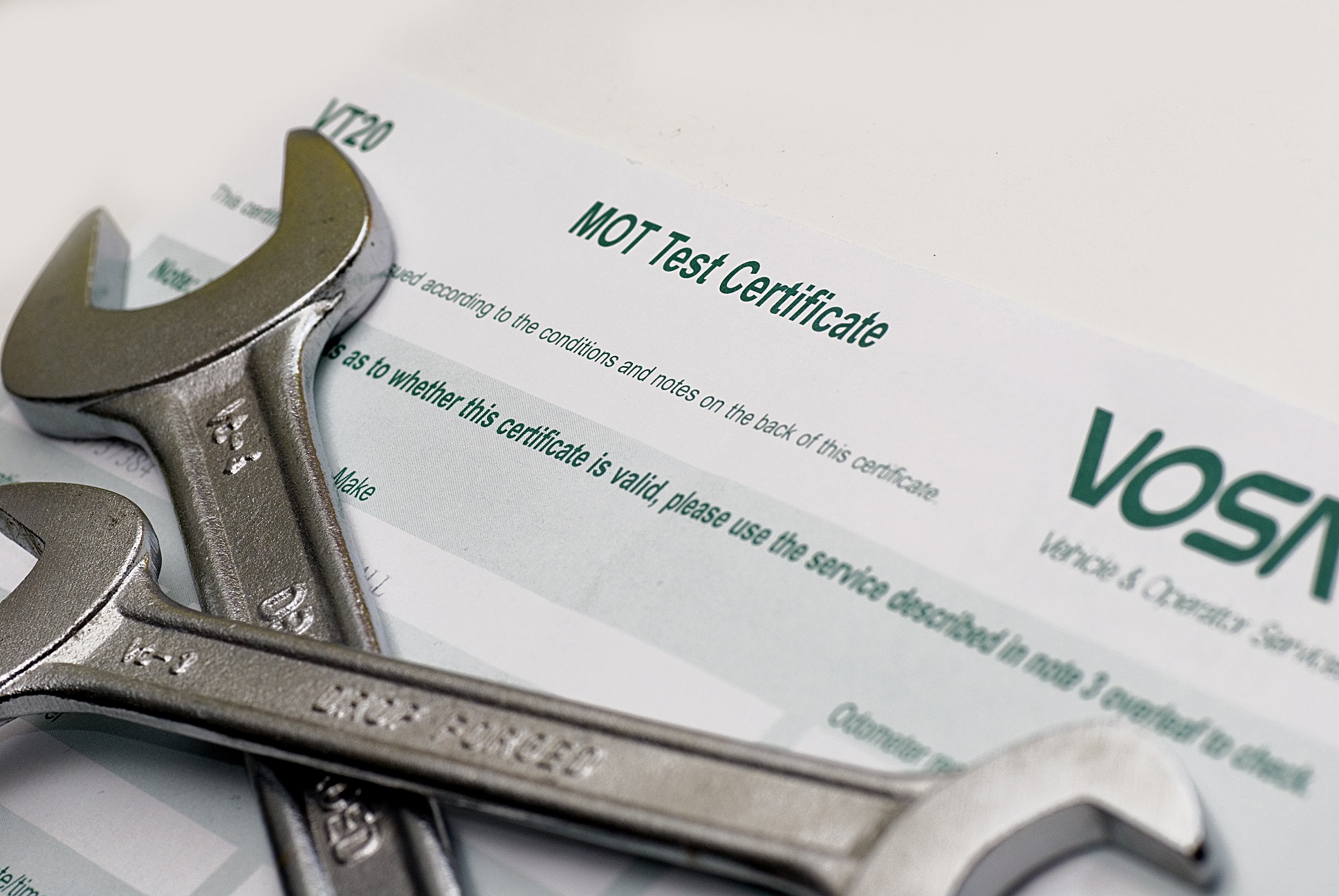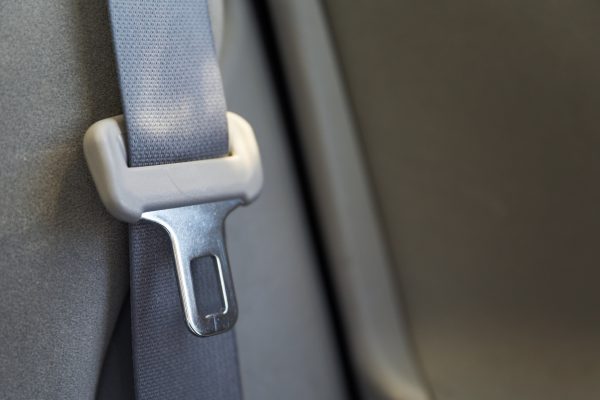All car dealers know – or should know(!) – that you cannot sell vehicles that are deemed to be unroadworthy.
This is set out in Section 75 of the Road Traffic Act 1988. It does not need to be a sale to a consumer, and it can also include an offer to sell or simply to expose for sale. Focus is on brakes, steering, tyres, and construction. All are areas are routinely checked by a MOT and so, it might be assumed that a MOT pass is evidence the car would not cause a danger to a potential buyer. Not so.
Two Lawgistics’ members have recently had prosecutions taken against them by different Trading Standards Departments. Each sought to rely on a defence of: “The car had a new MOT.”
One was prosecuted under the Road Traffic Act provisions as set out above. There is no due diligence defence, liability is “strict”, and so, if an inspection shortly after the MOT shows the car ought not to have passed that MOT, then defending the charge is difficult. Under advice, our client pleaded guilty, but we set out mitigating circumstances based on the MOT pass by another garage. The council prosecutor was urging the magistrates to dish out a maximum £5000 fine and for our client to pay their legal costs of £3600. Hopefully influenced by the mitigation, the court handed out a £400 fine and for our client to pay £660 legal costs. Normally, of course, it’s the adverse publicity that traders want to avoid and so, the fine is often a small fraction of the potential long-term loss. In this case though, I can’t see why the council would want to advertise a prosecution that cost them in excess of three times more than it cost the motor trader!
In the other case, our client was prosecuted under the Consumer Protection Act 1987 and the Consumer Protection from Unfair Trading Regulations. Under each legislation, there is a due diligence defence that requires the motor trader to prove that they took ALL reasonable precautions to avoid the offence. It was asserted the subsequent inspection by the Trading Standards appointed expert was so bad that the lack of safety ought to have been noticed by the trader irrespective of the MOT pass. Counsel was appointed to defend the charges but, in the end, the council offered a formal caution in exchange for dropping the prosecution. Our client also had to pay back the £2000 purchase price to the consumer but at least they avoided the risk of paying the council’s hefty legal fees had the prosecutions succeeded.
Clients ought to avoid relying entirely on a MOT pass and should undertake a comprehensive and honest pre-delivery inspection to fix any safety issues, even if the problems have not been identified by a MOT.

On average 55 vulnerabilities are identified daily.
What can I do?
Review your organisations priorities and ask ‘can we afford a breach?’. What do I do during an incident? Who do I involve? When do I involve the ICO?
If you’re unable to answers these questions, you need help from the experts.






